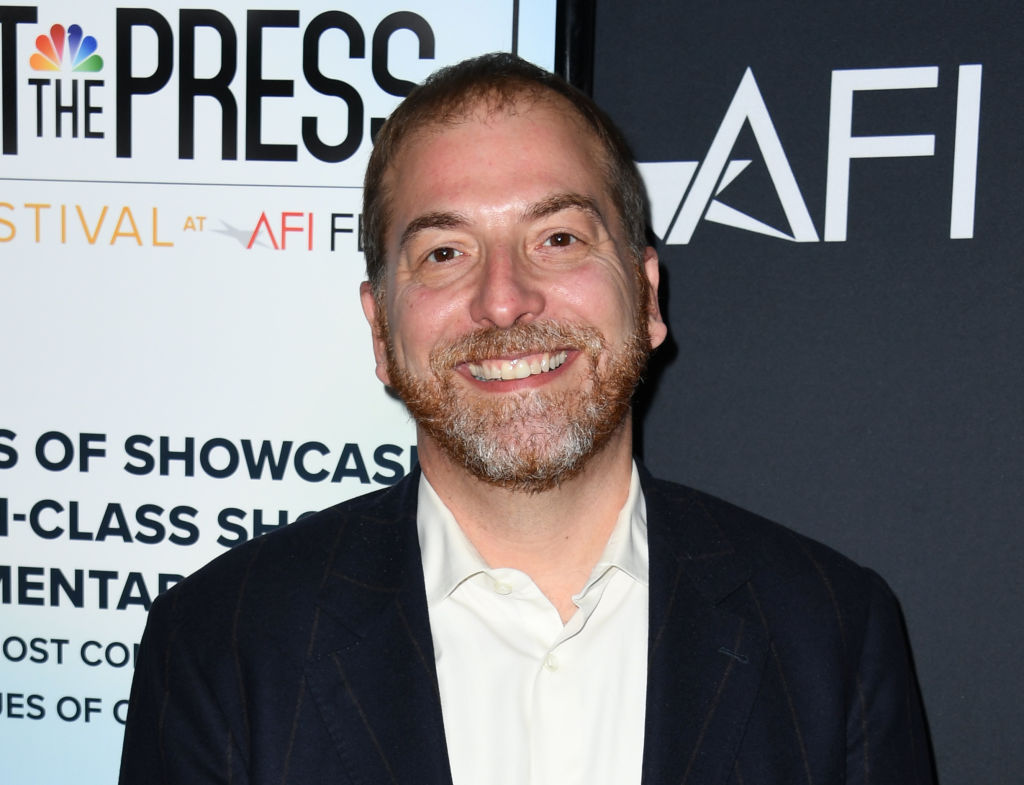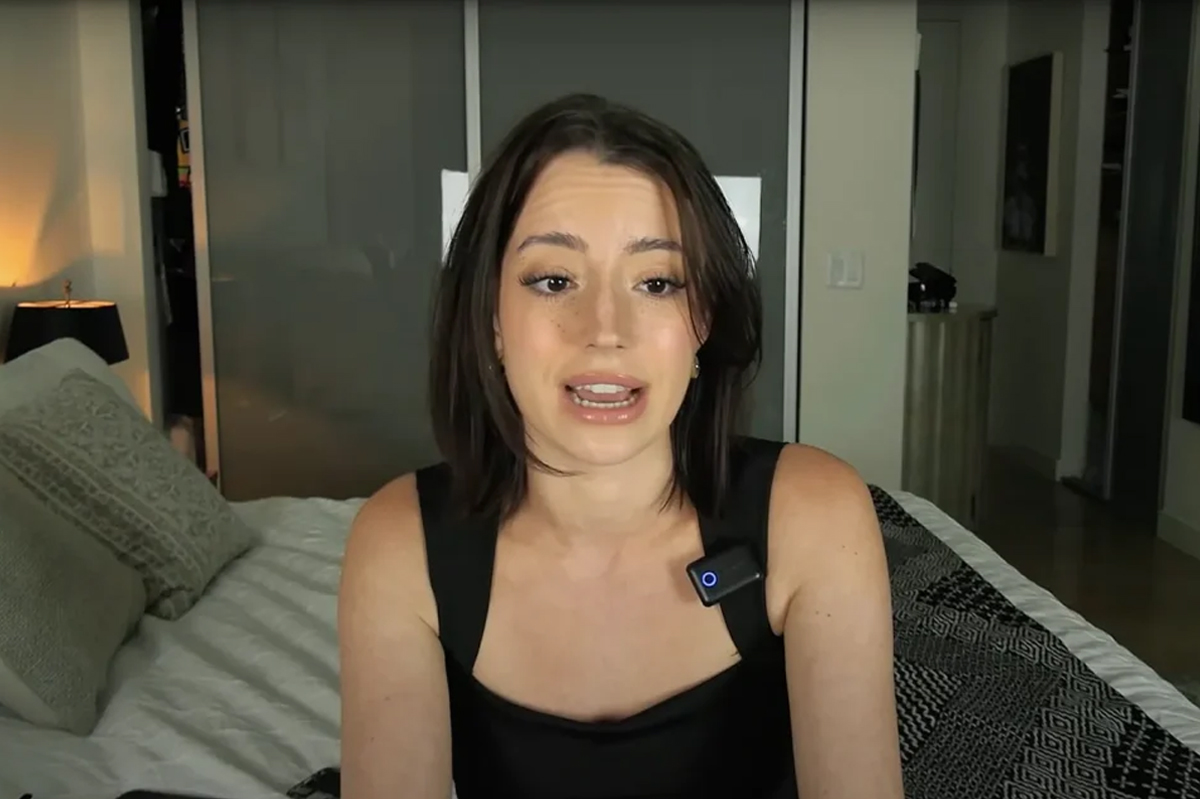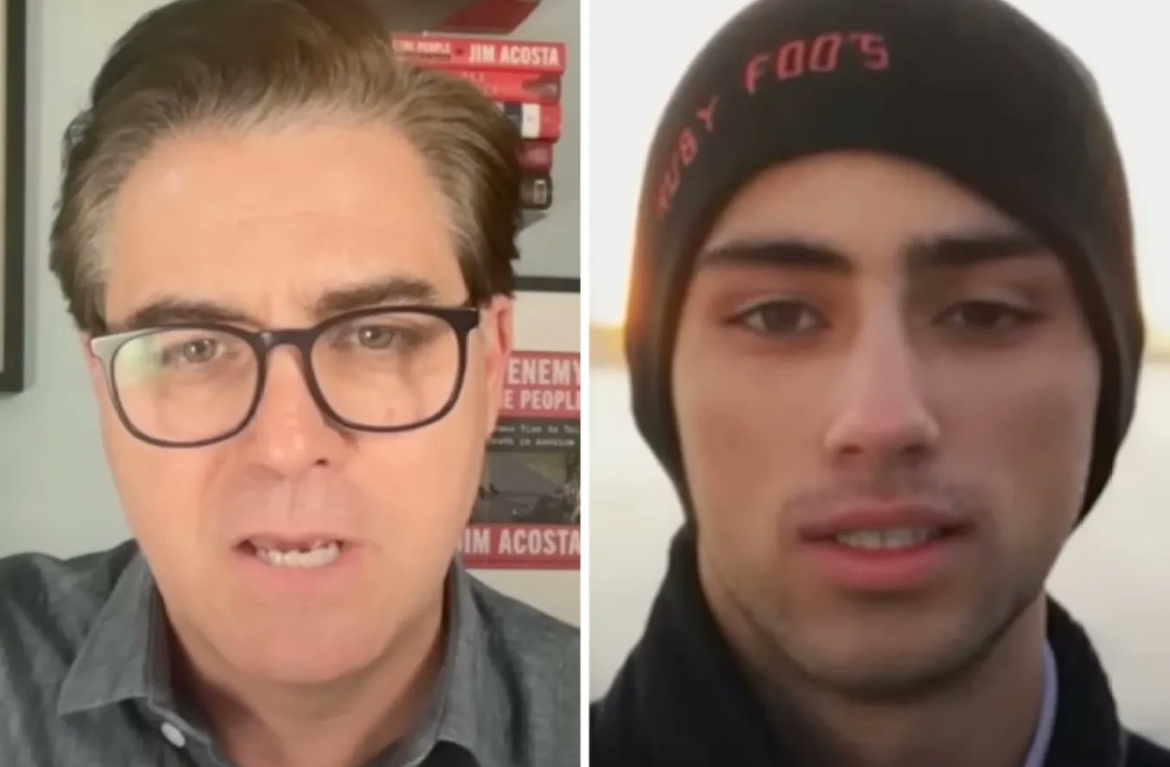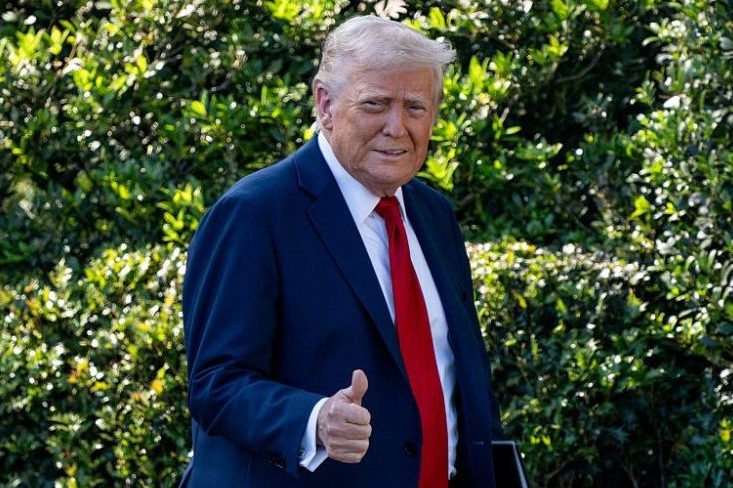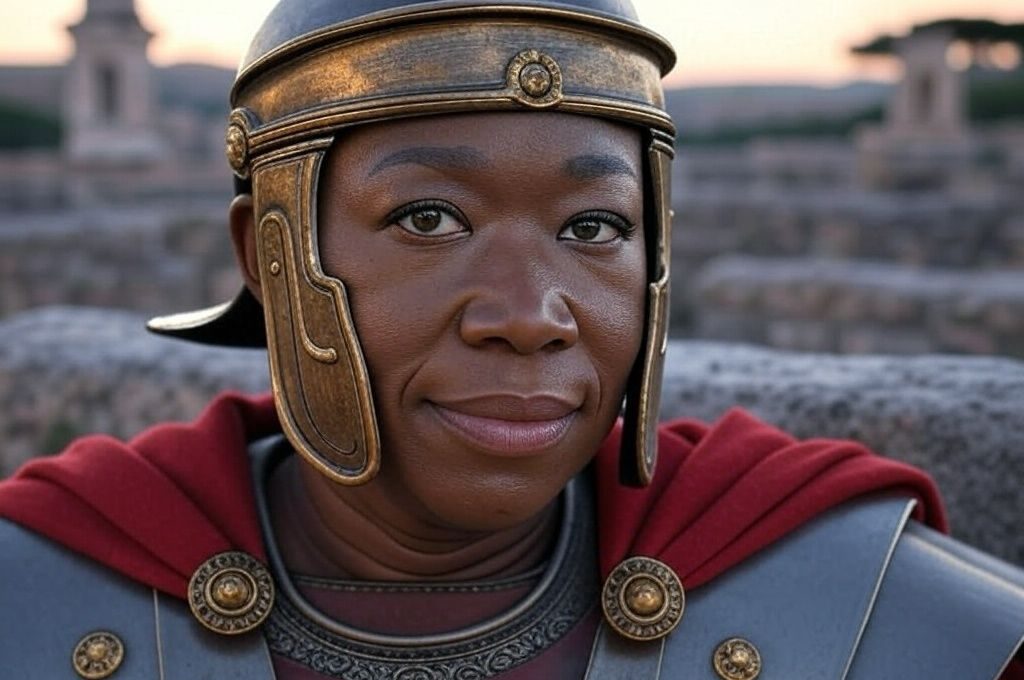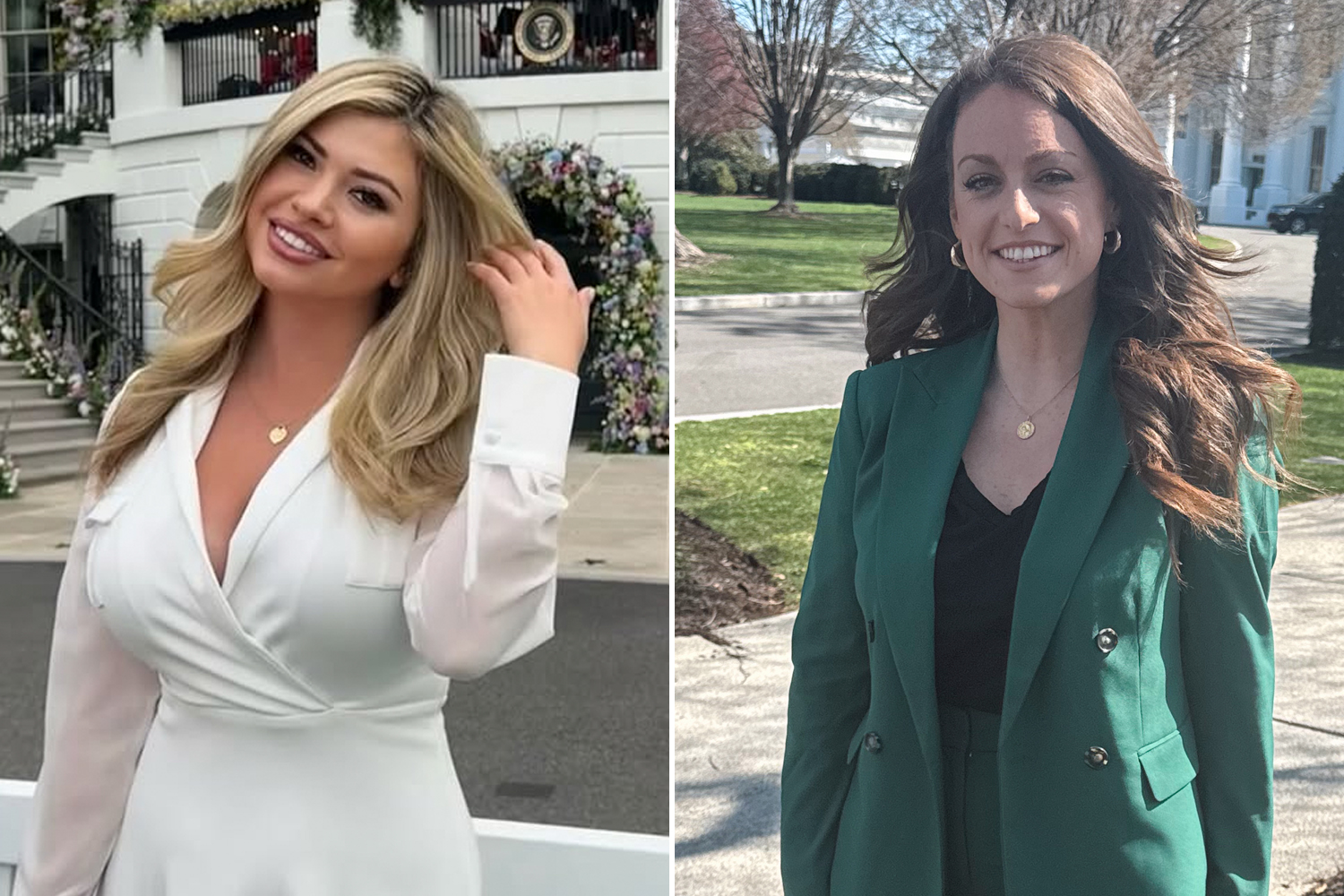Chuck Todd’s departure from Meet the Press this weekend was not a victorious send-off as much as it was a mercy killing. When Kristen Welker was handed a debate in 2020, it felt like only a matter of time before NBC escorted Chuck into the car and drove him out the woods.
The most striking thing about Todd’s time as Meet the Press host, following the ouster of David Gregory, is just how un-striking it was. The most significant thing to happen on the show came courtesy of a guest, with Kellyanne Conway coining the phrase “alternative facts” during an appearance. Yet Meet the Press was almost Sunday morning appointment viewing under Tim Russert, who died suddenly in 2008, and it had steadily declined since then. A lot of that has to do with Todd and NBC’s particular brand of passive-voice corporate liberalism. Yet Todd increasingly seemed to find himself alone at NBC as a reserved, non-offensive pundit, while the network and its sister MSNBC increased the roles of Rachel Maddow, Joy Reid, Chris Hayes and Al Sharpton around him.
With the bomb-throwing about Trump and Russia every night on MSNBC — and on social media — Chuck Todd’s brand of inoffensive corporate punditry seemed out of step with the audience that NBC had built and was catering to. Todd was slowly phased out at MSNBC and has now been phased out completely at NBC.
Todd’s exit also signals a change in media and network news shows on Sundays as a whole: people just aren’t watching them much anymore. With social media and streaming options, networks must swing for the fences to make their hour-long lectures and scold-fests interesting. It was reported briefly that prior to the seat being handed over to Chuck Todd in 2014, NBC had pitched MtP to Jon Stewart, which would have been, at the very least, an interesting out-of-the-box hire.
Now, however, with four major networks all catering to the same audiences on the left or left of middle spectrum, the Sunday shows just don’t carry the heft they once did. There’s no real difference of perspective; even ABC adding Chris Christie to their Sunday panel seemed to have emasculated him. As media choices become more and more polarized, the corporate media landscape has sought to make their choices more and more polarizing. It’s why Tucker Carlson demanded the attention of an entire cottage industry of media reporters who were simply assigned to tweet and write about whatever Tucker Carlson was saying on Fox News. Or why Rachel Maddow regularly makes conspiratorial claims on her show that rivaled Alex Jones and rose to be one of the industry’s most respectable stars.
Over at CNN, new president Chris Licht has found himself embroiled in a torrent of bad press, precisely because he’s attempting to pull back the reins on what CNN had become under Jeff Zucker: a participant in the ring with Donald Trump. That is what most network producers believe their role should be — a direct opponent to the political right, Donald Trump, and now, worse-than-Trump Florida governor Ron DeSantis.
Chuck Todd eventually found himself a man left behind by this kind of polarization. He was always more of a soft-voice progressive, much like the rest of his Sunday morning colleagues. He leaves behind no real memorable legacy of moments on Meet the Press the way Russert did. Even David Gregory picked and chose his moments; remember when he brandished a semi-automatic rifle magazine, violating DC gun laws in the process? Todd’s problem, in the end, was that mostly, he was just dull.



